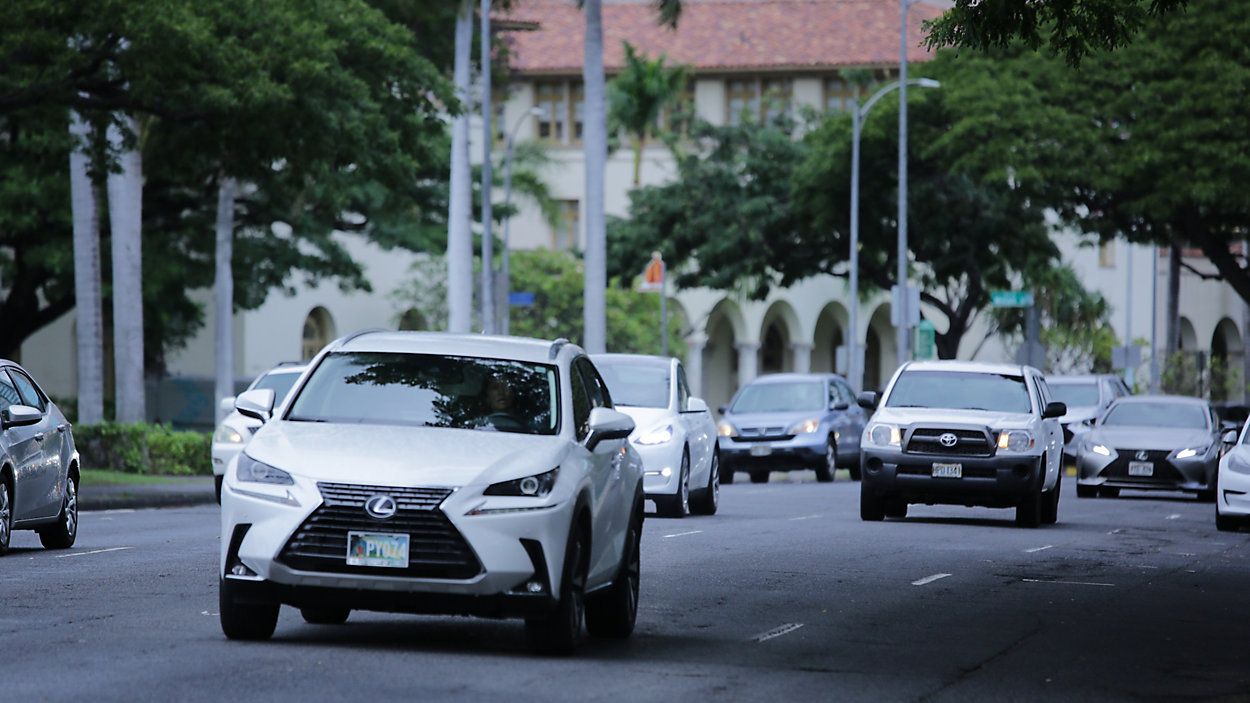A bill awaiting final consideration from Gov. Josh Green would extend factory-tint exemptions to sedan-style vehicles, the first significant update to the state’s vehicle tinting laws in more than 40 years.
“This is about bringing our laws into the 21st century,” said state Rep. Darius Kila, who authored the measure. “For too long, sedans have been unfairly left out while trucks, vans, and SUVs benefit from factory tint exemptions. This bill ensures that all vehicles can access the same safety protections and sun relief. It’s about fairness, clarity and improving public safety.”
Kila noted that House Bill 226 was developed over three years of collaboration with state agencies, law enforcement, tinting industry leaders and everyday drivers.
While the bill makes it possible for virtually all classes of commercial vehicle to have tinted windows, it includes a provision requiring all drivers and passengers within a vehicle with fully tinted windows to roll down their windows during law enforcement traffic stops for transparency and officer safety.
The legislation is supported by the Honolulu Police Department Traffic Division, which said it strikes a critical balance between public safety and officer safety.
“This measure helps ensure that officers can better assess potential threats during traffic stops, while still preserving adequate visibility for drivers,” said Major James Slayter. “Clear visibility into vehicles is a key factor in protecting the lives of our officers, and this bill supports that objective without compromising roadway safety standards for motorists.”
HB226 further updates penalties for non-compliance and addresses existing ambiguities regarding proof of compliance.
Specifically, the bill increases driver fines for illegal tinting to $550 from $300. Installers who apply non-compliant tint may be fined $700 to $1,200 (up from $500 to $1000) and must replace the tint or reimburse the vehicle owner.
Tint installers would be required to issue a compliance certificate at the time of installation and drivers would need to keep this certificate in their vehicle as proof of legal tint.
HB226 aligns tint standards for rear side and rear windows of sedans with those allowed on trucks, vans, and SUVs, ensuring consistency across vehicle types.
“By removing outdated distinctions, this law ensures equal treatment for all drivers and better sun protection — something that’s critical in our climate,” said T&T Tinting founder Tommy Silva.
Michael Tsai covers local and state politics for Spectrum News Hawaii. He can be reached at michael.tsai@charter.com.
